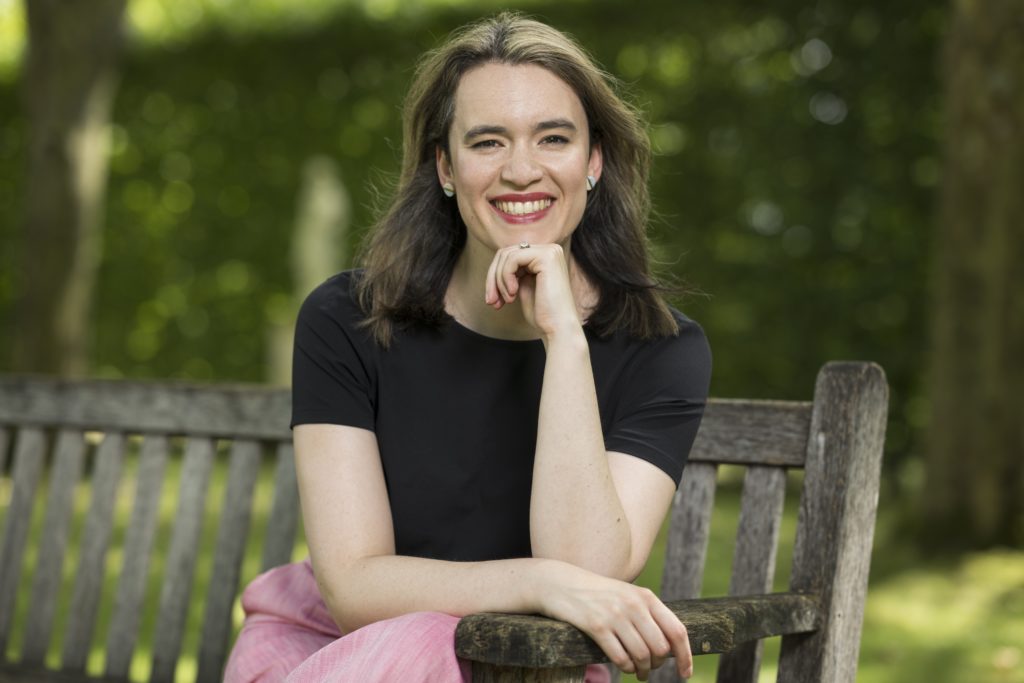
HELEN Charlston’s elegant mezzo had already been heard at the festival’s opening event with Fretwork, but this solo recital with theorbist Toby Carr deserved special mention, not least for an attractive new work commissioned by the National Centre for Early Music from composer Anna Disley-Simpson and librettist Olivia Bell.
Neither had been on my radar before – definitely my loss – but their new piece is an exciting collaboration that bodes well for their futures. It was specifically designed to fit within the festival’s Heaven & Hell subtitle, “a reflection on the story of man’s fall from grace”, in the words of the brochure.
Bell contributes an extremely witty poem, Purgatory: a waiting room, which immediately lends itself to monodrama, in which the ‘keeper of the keys’ offers advice and comfort to a new arrival wondering whether they will end up above or below.
The surprise here, mirrored three times in a refrain, is that the visitor has a choice: ‘Beach or snow? Joy or woe? Peace or party? Sparse or hearty? Fire or ice? Naughty or nice?’
Although not the refrain, this extract conveys something of the poem’s internal rhymes, not to say its Betjemanesque humour. But behind its clipped, conversational tone lies deeper philosophy; comedy and ideas are cleverly intermingled.
Disley-Simpson’s through-composed approach is essentially tonal, but above all she is alive to the text and clearly understands what suits the voice, using emphatic leaps when need be.
She could hardly have had a better advocate than Charlston, whose projection and accentuation of words is amongst the best I have encountered in a long while, I am tempted to say unrivalled.
The theorbo, too, is given more than a mere underlay, with speedier riffs, for example, that invigorate the refrain. Toby Carr played with typical fluency throughout.
There was a clear feeling of teamwork between all four – two creators and two performers – that might valuably lead to something genuinely operatic, a one-act piece, for example, with a mute ‘visitor’ being harangued by the key-keeper, allowing even more amusing theatrics than a static singer can achieve. But the potential the work throws up is indisputable.
The first part of the evening, ‘Heaven’, took place in the Great Hall upstairs; after the interval, appropriately for ‘Hell’, we moved downstairs to the gloomier, candlelit Undercroft.
The downside of this was that it took the BBC all but an hour to move equipment accordingly. But the broadcasts, when they come up on BBC Radio 3 on July 27 and August 3, will surely prove the whole exercise worthwhile.
‘Heaven’ included especially poignant accounts of Purcell’s The Blessed Virgin’s expostulation, in which Charlston fully inhabited the virgin’s volatile misgivings, and of Lord, What Is Man?, with despondency quite blown away by a forthright final quatrain and Hallelujah.
In ‘Hell’, aside from the premiere and some tasty Charpentier, we had Carissimi’s wonderfully volatile take on Lucifer and some meatily mischievous Monteverdi. Both performers were on top form. Don’t miss them.
Review by Martin Dreyer
